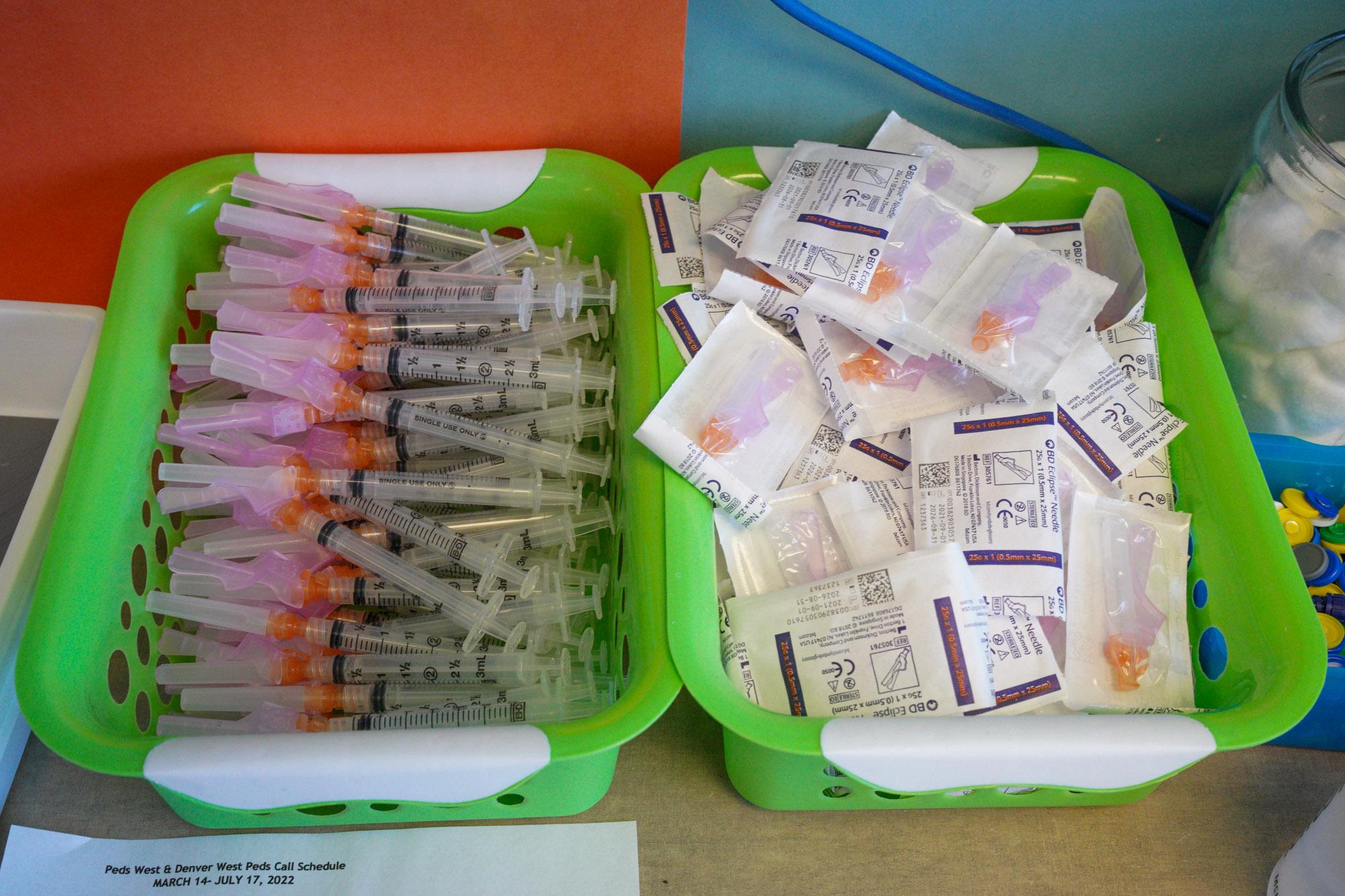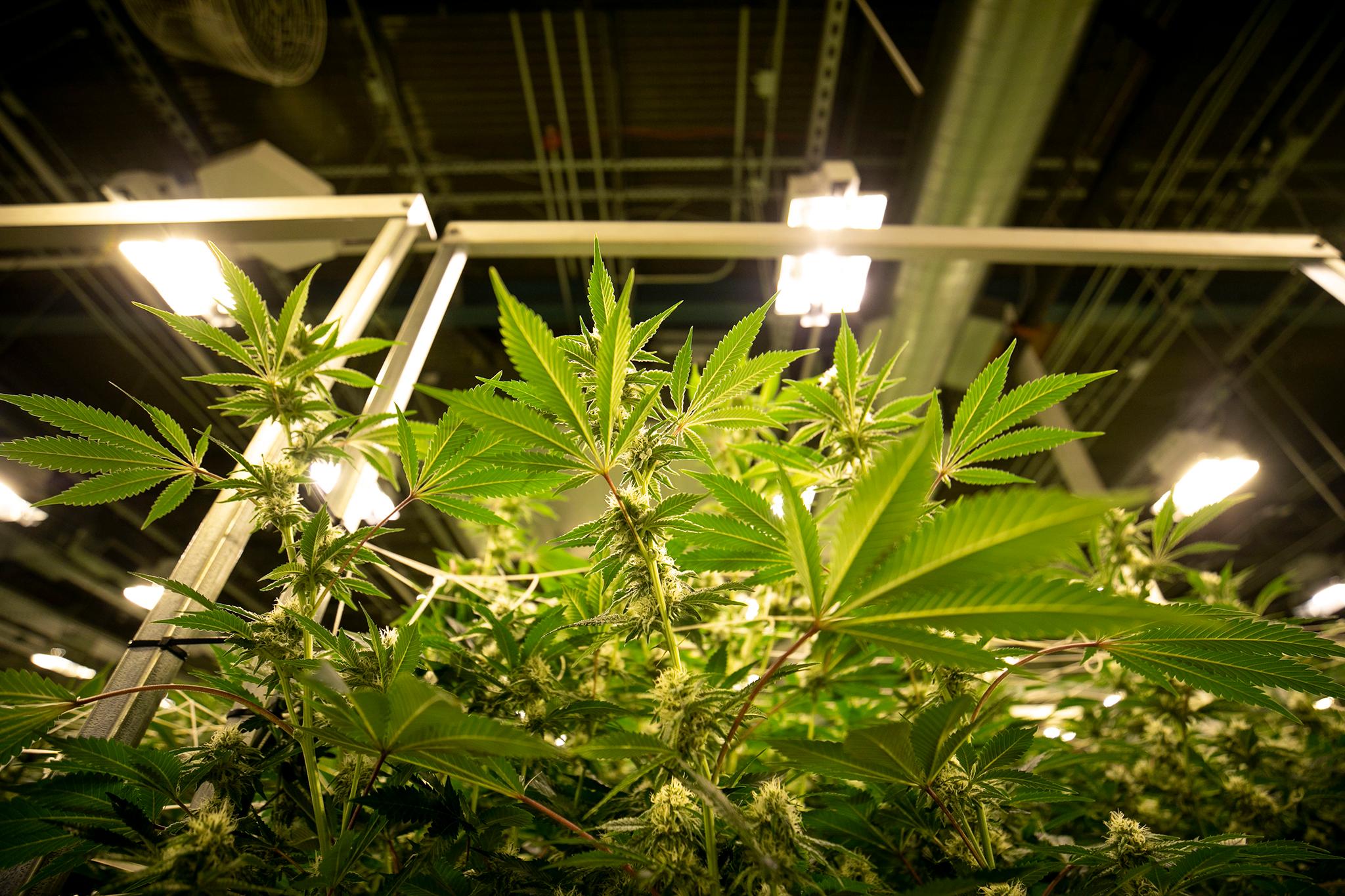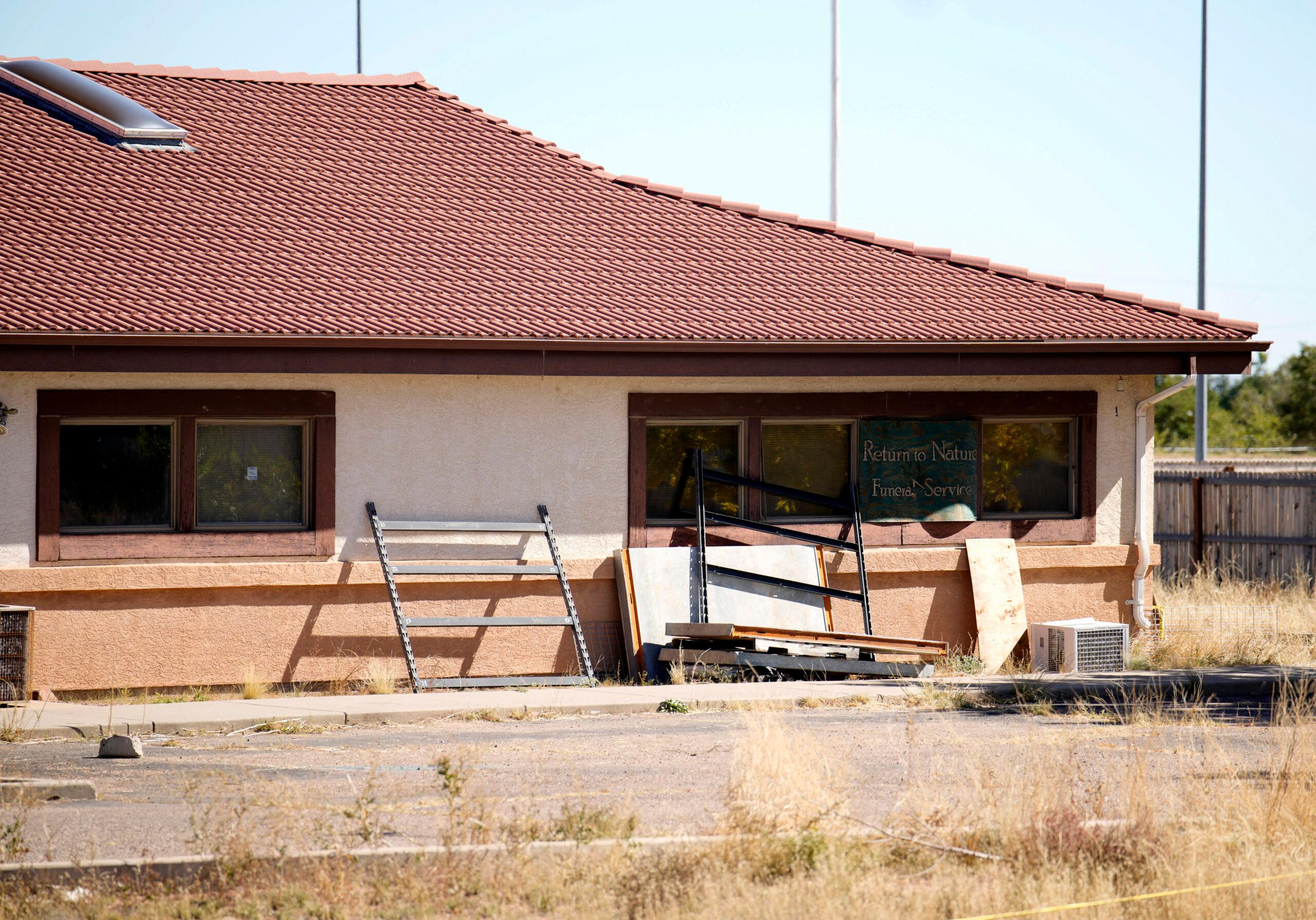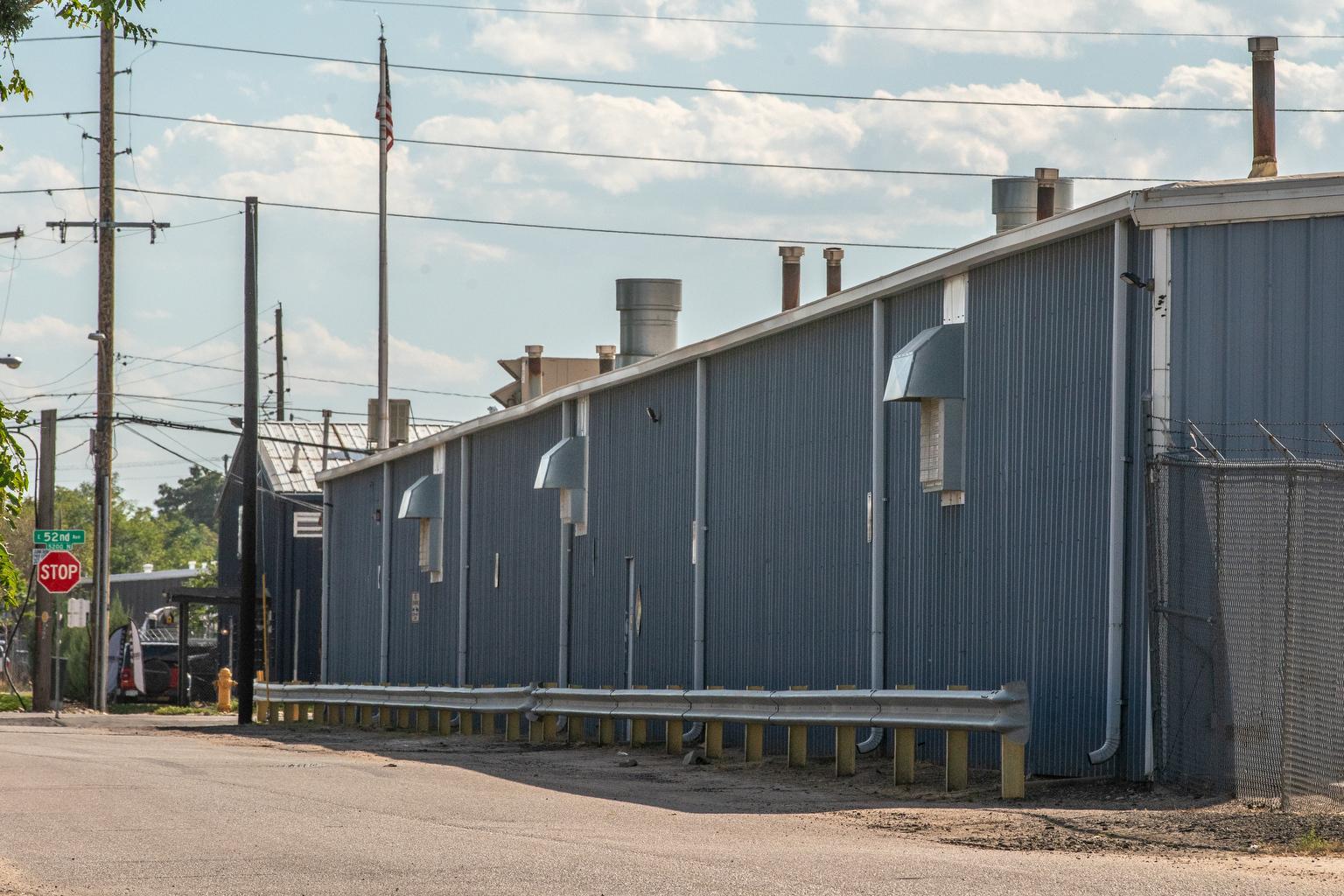
While residents living in north Denver and Commerce City know they’re often breathing dirty air, the large number of industrial businesses and highways in the area can make it difficult to pinpoint the source of different pollutants
A recent study published in the Journal of the Air and Waste Management Association shows how mobile laboratories can help paint a more accurate picture of urban air pollution, including toxins that come from smaller, less regulated businesses.
By driving instruments around the heavily polluted area, researchers at the University of Colorado Boulder found JK Concepts, a small architectural woodworking shop in north Denver, was releasing a surprising amount of air pollution into the surrounding neighborhood.
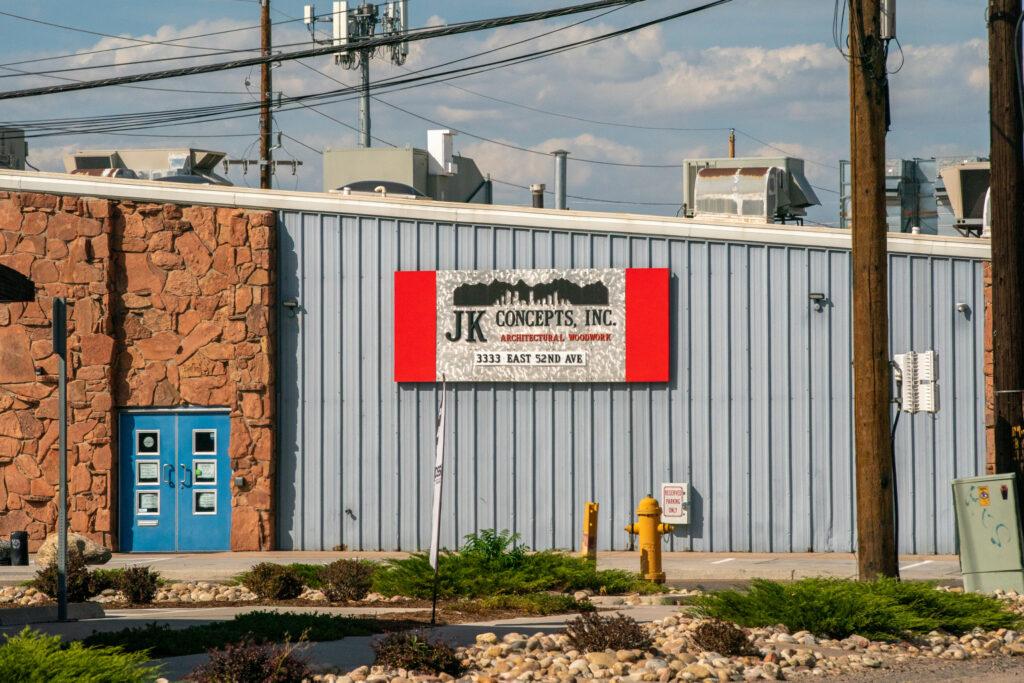
“These hyperlocal sources like this woodshop, we don’t know a whole lot about them,” said Madison Rutherford, a PhD chemistry student who co-authored the study. “They’re not typically as regulated as things like oil refineries, but they can have a pretty significant impact.”
To conduct the study, the researchers drove air quality monitors around Commerce City and Elyria-Swansea for six days in the summer of 2022. The instruments were designed to pick up volatile organic compounds, a variety of chemicals adding to the perennial struggle with ground-level ozone — better known as smog — along Colorado’s Front Range. Inhaling some types of chemicals can also have short- or long-term health effects, according to the U.S. Environmental Protection Agency.
The route took researchers past a well-known pollution source: the Suncor Energy oil refinery in Commerce City. By analyzing the results, the study found the refinery was a significant source of benzene, a well-studied air toxin linked to certain types of cancers. That result aligns with earlier research conducted by a local environmental justice group and recent action from federal air quality regulators.
Less expected was a pollution spike researchers found within the neighborhood. Measurements taken just outside the woodshop found high levels of acetone and toluene, two chemicals common in products like paint thinner and varnish remover. Both substances carry distinct smells and can cause irritated eyes or dizziness if inhaled in larger quantities.
Since the federal government only sets limits for indoor exposure to those chemicals, Rutherford declined to say if the pollution levels were high enough to threaten anyone outside the facility. Her results, however, show mobile air monitoring can reveal pollution sources that might otherwise go undetected by stationary air monitors focused on larger industrial facilities.
Colorado has also identified the woodshop as a pollution source
The CU Boulder researchers weren’t the only mobile air monitoring team to notice the woodshop.
In May 2023, a mobile van operated by the Colorado Air Pollution Control Division detected elevated levels of hazardous emissions near the business, said agency spokesperson Leah Schleifer. The division conducted a follow-up investigation and now requires the woodshop to report its toluene emissions.
Schleifer said the state research van wasn’t in the area to follow up on any findings from CU Boulder. The agency’s trip was part of routine monitoring funded by a state law enacted in 2021, which called on the regulator to crack down on air toxins near major polluters like Suncor Energy.
The U.S. Clean Air Act divides industrial operations into “minor” and “major” sources of pollution depending on their overall estimated emissions. The JK Concepts woodshop is considered a minor pollution source, so it faces less regulatory scrutiny than businesses releasing larger amounts of smog-forming emissions or particulates. All minor sources must report releases of hazardous air pollutants — a legal category of chemicals like toluene — if they exceed 250 pounds per year.
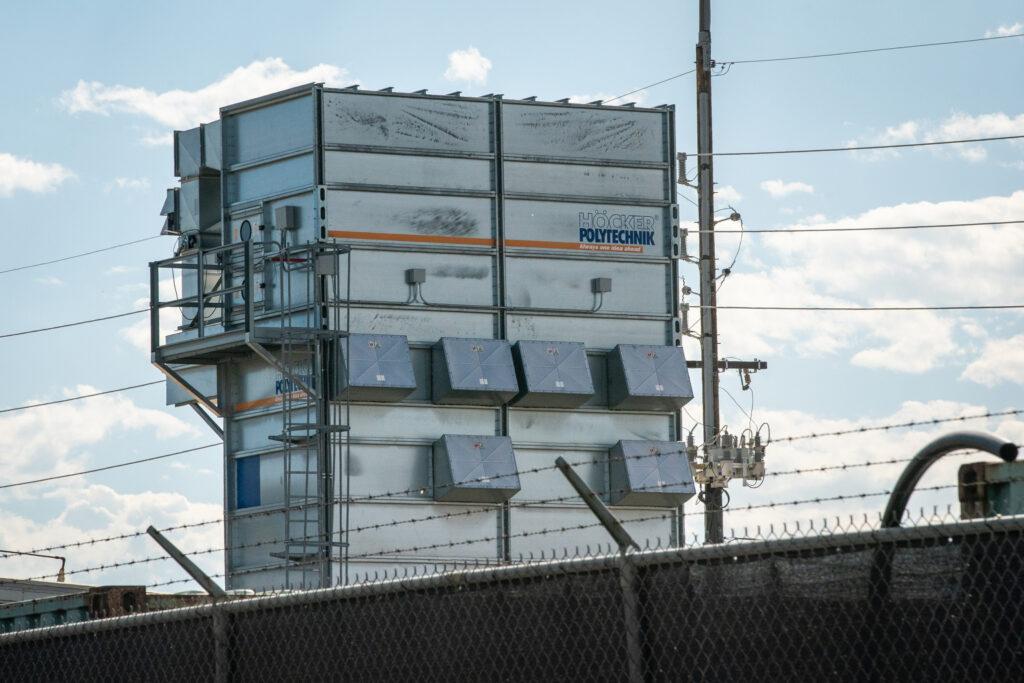
After Colorado’s air monitoring van detected high emission levels, Schleifer said regulators inspected the woodshop and found it released toluene over the reporting threshold. The business submitted a form noting it released 850 pounds of toluene at a spray booth for architectural woodworking.
“The company promptly corrected the issues, so the division did not pursue enforcement action,” Schleifer said. “The division did not ask JK Concepts to modify its operations.”
Jeffrey Gorsegner, the general manager of the woodworking company, told CPR News he was surprised the business is now facing media attention due to air pollution issues. It’s standard practice to apply lacquer thinner to finish architectural woodworking products. While the solvent contains toluene, Gorsegner said his staff applies all safety and air quality standards and would rapidly correct any issues.
“We run a very clean shop. I don’t want to say it feels like an attack, but it puts a scare into you about what’s going to happen next,” Gorsegner said. “Are we going to get these entities from all over Colorado investigating and poking us apart while we're just trying to be a legitimate business?”

